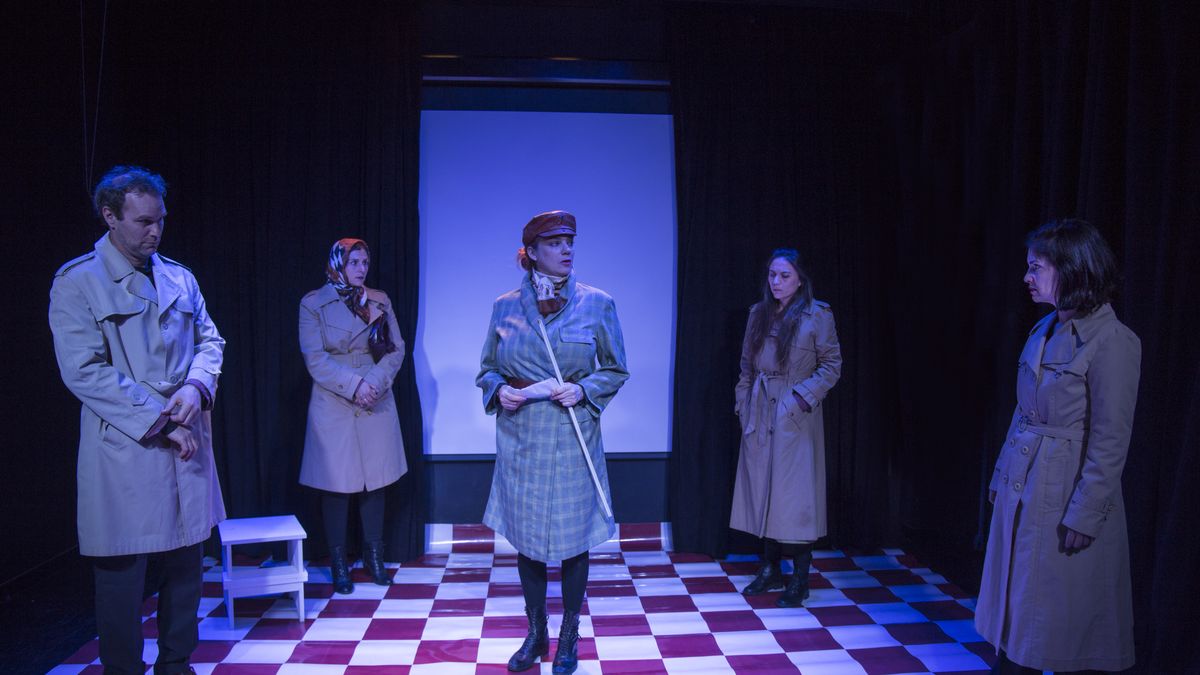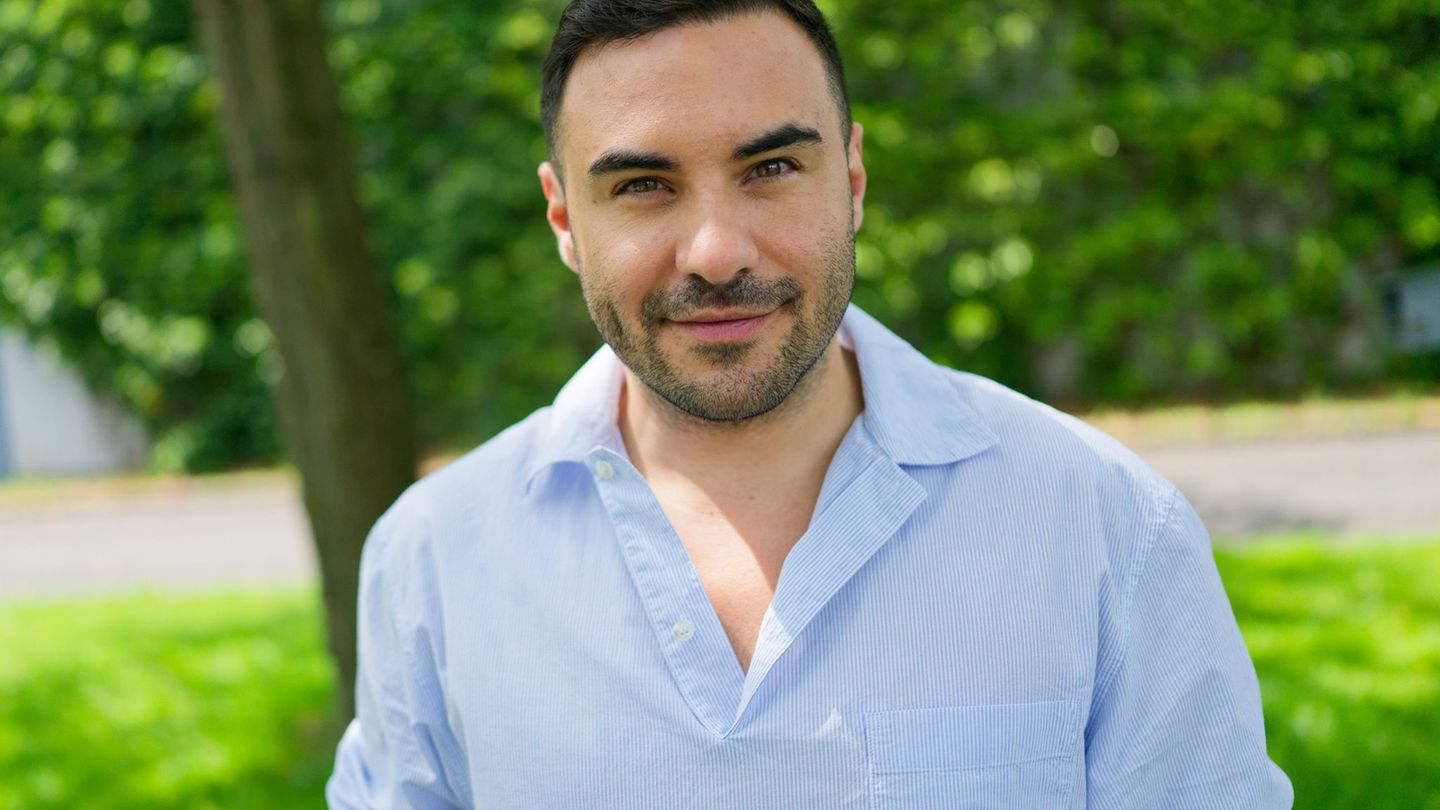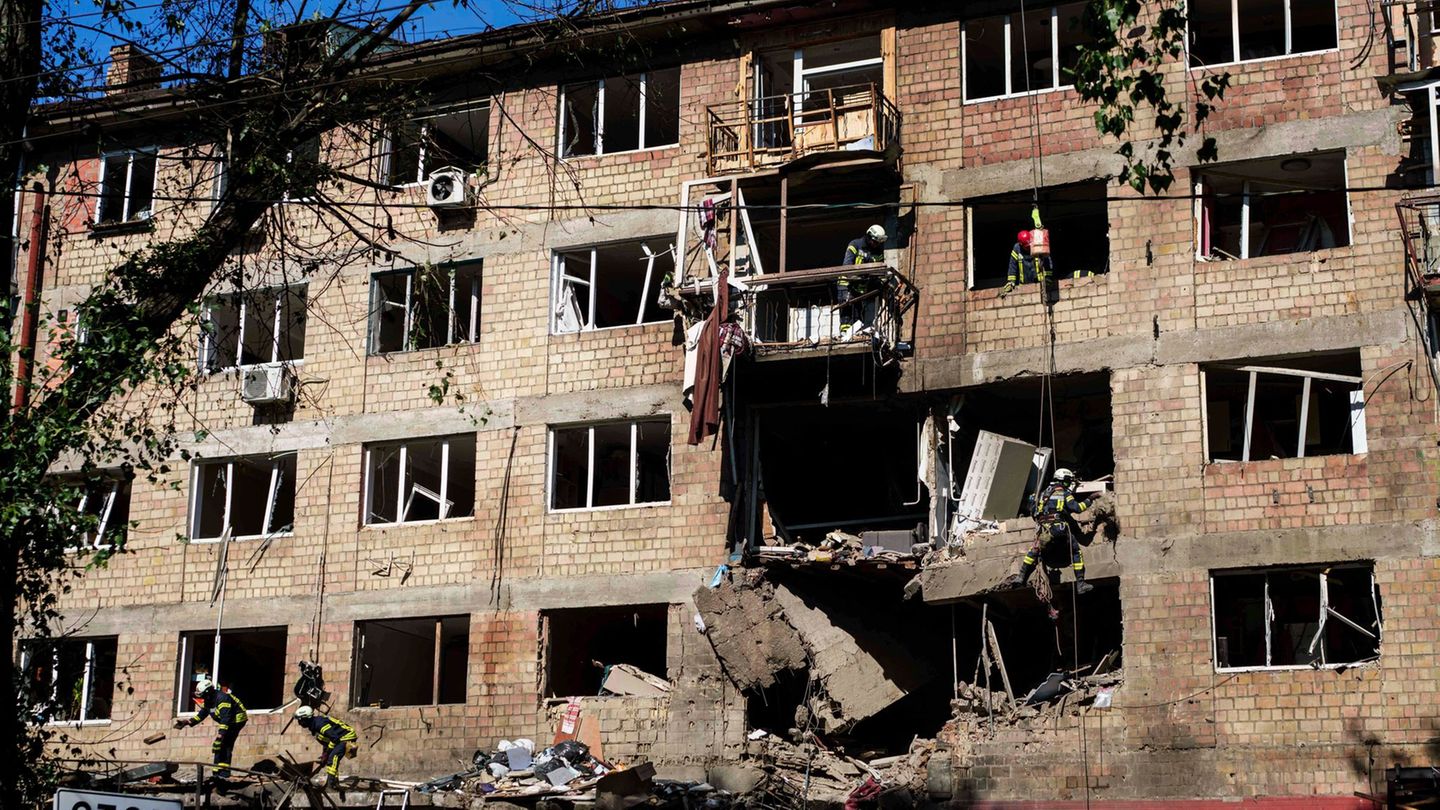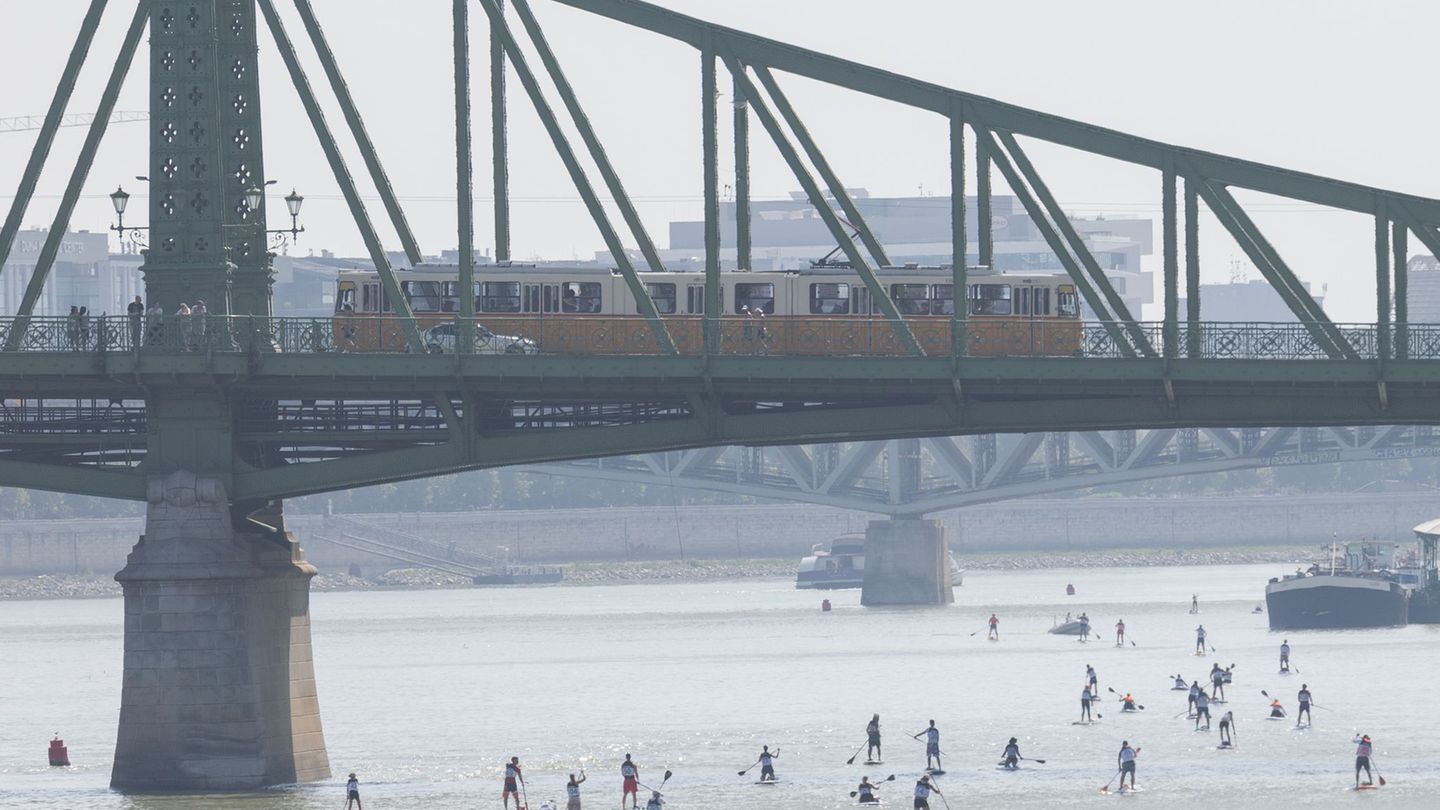“Real relationships are diminishing in importance in our lives and seeing this creates a feeling of feeling of uneasiness”, says Hector Levy Daniel, author and director of “The waits”, which is composed of two short works, “Platform” and “Limbo”, the latter distinguished by the Cervantes Theater on the occasion of the contest held during the pandemic.
In order to release it, Levy Daniel He put together this diptych that is close in theme and number of actors who star in both works. The cast is made up of Carla Haffar, Cecilia Cósero, Ana Livingston, Gisella Sirera and Julian Felcman. It is presented on Saturdays at Itaca, Humahuaca 4027. We spoke with Levy Daniel.
Hector Levy Daniel: We are so immersed in the networks, so accustomed to the new way of life that technology has imposed on us, that many experiences seem natural to us, even if they are not. We are capable of calling thousands of people, we can potentially establish links with them, but at the same time we know that this potentiality is never realized; on the other hand, it would be impossible: how would we manage to have a thousand friends? We replace real links with “contacts” and we try to believe that this is satisfactory. And this is the core of the issue: the restlessness with which we have learned to live since the beginning of the 21st century.
IMG_7932.jpeg
Héctor Levy Daniel, author and director of “Las esperas”.
Q: It sounds bleak. Could it be that those of us who live in other realities feel this way unlike young people?
HLD: I feel that loneliness is getting worse, physical contact is becoming rare, and we are no longer even able to have telephone conversations, which was an extraordinary advance in the last century. A telephone call is experienced as an intrusion because it implies the obligation to communicate directly, and that means an intolerable commitment. We are alone, isolated, and yet we live with the illusion that we are more accompanied than ever. Even romantic relationships have the quality of the ephemeral, the provisional. This feeling of restlessness accompanies us day after day and prevents us from imagining what the future will be like. Not an abstract, historical future, but a personal one. We cannot imagine what the future will be like for each one of us. All of this that I mention was experienced during the pandemic, when a feeling of “end of the world” was established, from which I believe we still cannot get rid of and I believe that it will last for a long time.
Q: In fact, the work was written during the pandemic.
HLD: “Limbo, the second of the plays that make up “Las esperas”, was written during this period, for the contest Nuestro Teatro, organized by the Teatro Nacional Cervantes, in which it won an Honorable Mention. The other side of the issue is the advance of neoliberalism that has managed to naturalize exploitation, injustice, exclusion, dehumanization, especially the latter, throughout the world. And the advance of the extreme right, increasingly frequent, is a clear expression of this naturalization. However, not everything is so dark. Always, paraphrasing Hannah Arendt, there have been men and women in times of darkness who have stood up so that what is natural would stop being natural, which implies a fundamental gesture of resistance, even at the cost of their own lives. This is the theme of “Plataforma”, the first of the plays that make up “Las esperas”. Is dehumanization experienced naturally or is it experienced with fear and does one try to modify the order of things, however impossible that may seem?
Q: What can you say about the characters?
HLD: I wrote “Limbo” in 2020, and although I had intended to premiere it, I knew that was not possible because it is a short play. That is why I wrote Plataforma, so that I could create a show that included both of them. For that reason, both plays have the same number of characters and the same gender distribution: four women and one man, so that they could be played by the same performers. Except for the woman who guards the border crossing, each of the characters in “Plataforma,” which is also a short play, carries a story that motivates them to cross to the other side; each of them has a reason to leave the country and start over somewhere else. These different stories give rise to different goals for each of them and, of course, different ways of facing adversity, and that is what defines them. In “Limbo,” a principal, two teachers, a male teacher, and a secretary realize that this day is not just another day, but rather has a lot to offer, and the way they perceive the new situation is what will define them as characters until their final acceptance.
Q: How did you come up with the setup?
HLD: When I finished writing “Plataforma” I realized that although it was quite different from “Limbo,” both shared a certain kinship, as if they were sisters. First I detected that in both there was a waiting situation that constituted their cardinal axis; and then I realized that in both a similar style could be recognized. Therefore I decided that I had to come up with a space that was suggestive enough to serve for both pieces, that is, that could be shared by both, but that the difference was marked through the lighting design and the costume design. In that sense, the work of Gabriella Gerdelics and Ricardo Sica is fundamental. And what seems to me to be most important: that the changes from one play to the other were made in front of the audience to emphasize the idea that there is no intention to “show reality” but that it is theatre, which is equivalent to saying that it is a convention based on a few rules that the audience quickly assimilates in order to be able to follow the dramatic actions that are presented on stage without any difficulty. In this sense, “Las esperas”, in the formal aspect, is presented as a show that tries to talk about how the theatrical event is generated.
Q: Is your activism in independent theatre?
HLD: At every historical moment, we can see the existence of a field of tension between opposing forces, and the task is to detect this field of tension, to verify which forces are in conflict, and to determine which of these forces I am going to join. There is no way to be neutral; reality calls us to transform it or to preserve the state of things. And if it is to transform it, the idea is to be there where it is necessary to be. And this goes far beyond my task in the theatre, although of course, making theatre can mean in certain circumstances and under certain conditions, such as the current ones, an act of resistance. In other words, it is about thinking, it is about understanding and acting accordingly. Thought and action cannot be opposed, they must constitute a single tool with two dimensions that complement each other.
Q: What can you say about theatre and culture today?
HLD: The theatre in Argentina has an extraordinary power and vitality, even in such adverse circumstances for theatre and culture as those we are going through. For many years now, an effervescence has been generated that is maintained with the arrival of new creators. However, for that to happen, for the vitality of the theatre not to die down, I believe that it is necessary for each person to acquire the habit of diving into their own world, in search of their own images and their own obsessions. What often happens (and I have seen this as a judge in playwriting competitions) is that authors get carried away by fashionable topics or by what the public is supposed to be interested in. And there is nothing more difficult than detecting what the public is interested in. Simply because there is not “one public” but many, many publics.
Source: Ambito




